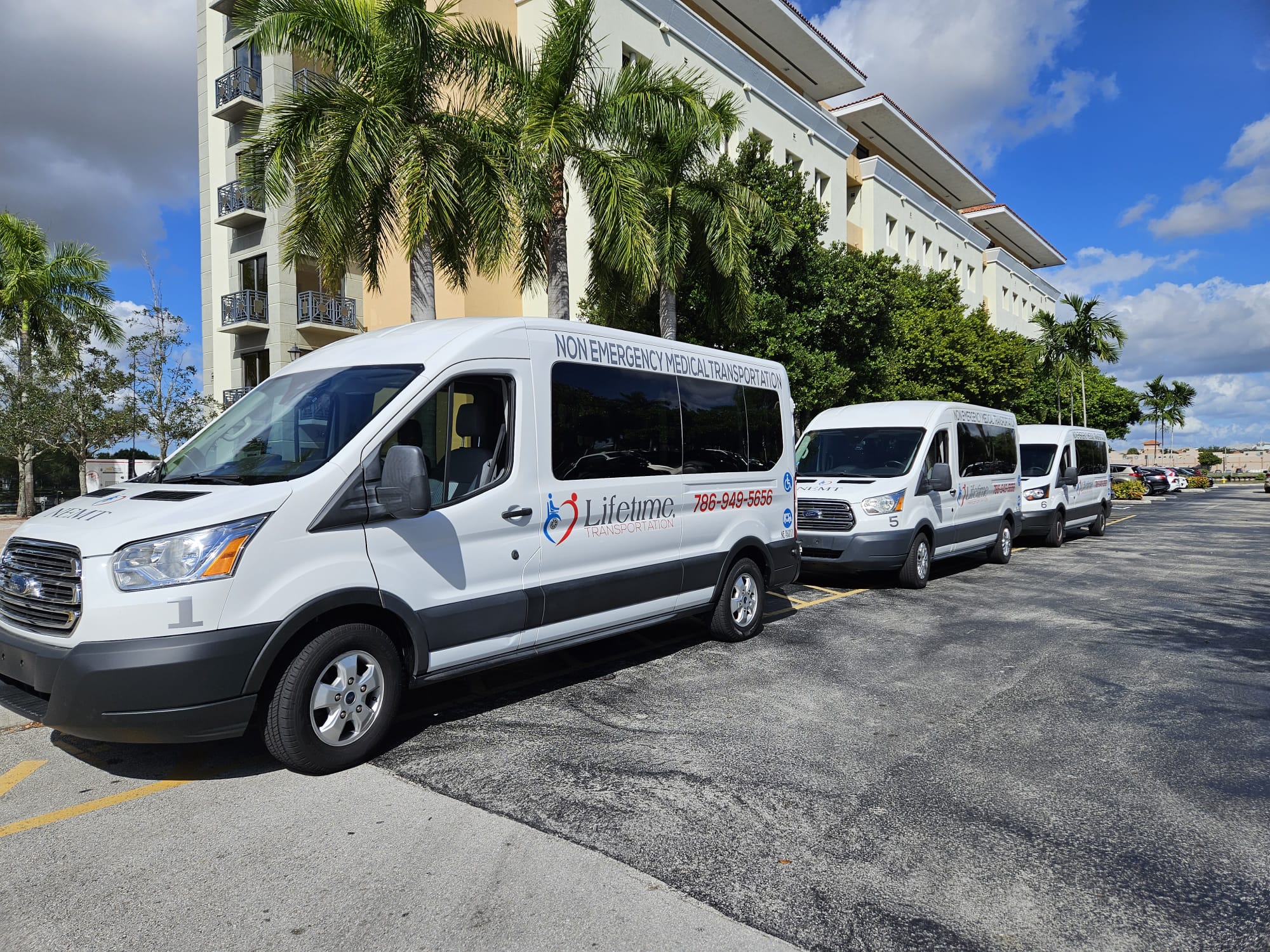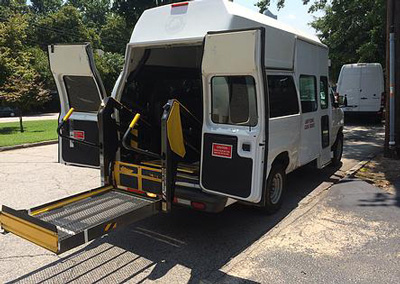Accessible Care on Wheels: Explore Medical Transportation Services Near Me
Accessible Care on Wheels: Explore Medical Transportation Services Near Me
Blog Article
Accessible and Affordable Medical Transport Options for Seamless Health And Wellness Support
In the world of health care, the ease of access and affordability of clinical transportation are extremely important in guaranteeing individuals can access the treatment they need when they require it. The ability to perfectly navigate transport choices can considerably influence an individual's ability to obtain prompt clinical focus, follow-up treatment, and general well-being. From non-emergency medical transportation services to cutting-edge options like telehealth, the landscape of medical transport is advancing to satisfy the diverse demands of individuals. Considering the importance of this aspect in medical care shipment, exploring the array of choices available comes to be important for addressing gaps in accessibility and price.
Non-Emergency Medical Transportation Services

These services are staffed by skilled experts that focus on patient comfort and safety during transportation. Vehicle drivers are equipped to deal with individuals with varying clinical demands and ensure that all journeys are stress-free and smooth - Medical Transportation Services Near Me. Additionally, non-emergency medical transport solutions often utilize specific automobiles that are wheelchair-accessible, making them suitable for a large range of patients with different wheelchair needs
Volunteer Driver Programs
Volunteer motorist programs are important in giving transport aid for people looking for non-urgent clinical care. These programs count on the kindness of volunteers that donate their time and vehicles to aid transportation individuals to and from clinical appointments. By making use of volunteer vehicle drivers, companies can provide an economical service for individuals that may not have accessibility to reliable transport.
One of the key advantages of volunteer motorist programs is the personalized treatment and interest that patients obtain. Unlike conventional transportation solutions, volunteer chauffeurs often create a connection with the individuals they assist, developing a helpful and compassionate atmosphere throughout what can be a difficult time. Additionally, volunteer vehicle driver programs can assist link the space for individuals staying in underserved or rural locations where public transport choices may be restricted.
Mass Transit Options

One of the vital advantages of mass transit is its prevalent schedule in metropolitan and country areas alike. This substantial network permits patients from diverse histories to travel to medical visits with loved one simplicity. In addition, mass transit systems are commonly geared up to fit people with disabilities, offering easily accessible traveling options for those with movement difficulties.

Ride-Sharing and Transportation Network Business
The advancement of modern transportation choices for clinical objectives expands beyond conventional public systems like buses and trains to include the ingenious realm of ride-sharing and transportation network business. Ride-sharing services such as Uber and Lyft have revolutionized the way people take a trip to clinical consultations, supplying ease and adaptability to people that may not have access to their cars or conventional mass transit. These platforms permit customers to ask for a trip with the touch of a button on their smartphones, giving door-to-door solution that can be especially helpful for individuals with wheelchair difficulties or those requiring assistance.
Transportation network companies (TNCs) have actually additionally played a substantial function in connecting the space in clinical transport services. Companies like Veyo and RoundTrip specialize in non-emergency medical transportation, accommodating patients who need a higher degree of assistance during their trips to clinical facilities. By partnering with health care providers and insurance companies, TNCs make sure that individuals can access dependable and prompt transport remedies, inevitably adding to enhanced wellness results and patient contentment.
Telehealth and Online Consultations
Enhancing medical care ease of access and ease, telehealth and virtual appointments have become crucial elements in modern-day medical techniques, reinventing the way clients connect with healthcare providers. Telehealth leverages innovation to promote remote communication in between patients and health care specialists, providing a vast array of services such as digital assessments, remote surveillance, and digital prescriptions. Virtual examinations enable individuals to seek clinical suggestions, diagnosis, and therapy from the comfort of their homes, getting rid of the need for physical sees to healthcare centers. This technique not just saves time and reduces transport costs for individuals however also boosts the general performance of healthcare shipment.
Furthermore, telehealth plays a vital duty in expanding medical solutions to underserved communities, rural areas, and individuals with restricted wheelchair. By breaking down geographical barriers and increasing healthcare read what he said outreach, telehealth promotes early intervention, continuity of treatment, and person engagement. As technology remains to advancement, telehealth is positioned to play a significantly substantial function in forming the future of healthcare delivery, fostering better health and wellness outcomes and person complete satisfaction.
Final Thought

From non-emergency medical transport services to innovative options like telehealth, the landscape of medical transportation is advancing to satisfy the diverse demands of clients.Non-Emergency Medical Transportation Services assist in the timely and safe transport of individuals calling for non-urgent medical treatment to and from health care facilities.The advancement of modern-day transportation choices for clinical functions extends past typical public systems like trains and buses to include the innovative world of ride-sharing and transportation network companies.Transport network companies (TNCs) have actually also played a significant function in linking the space in useful reference clinical transportation services. Non-Emergency Medical Transport Solutions, Volunteer Driver Programs, Public Transport Options, Ride-Sharing and Transport Network Companies, and Telehealth and Virtual Consultations all play an important role in addressing transport obstacles to medical care accessibility.
Report this page